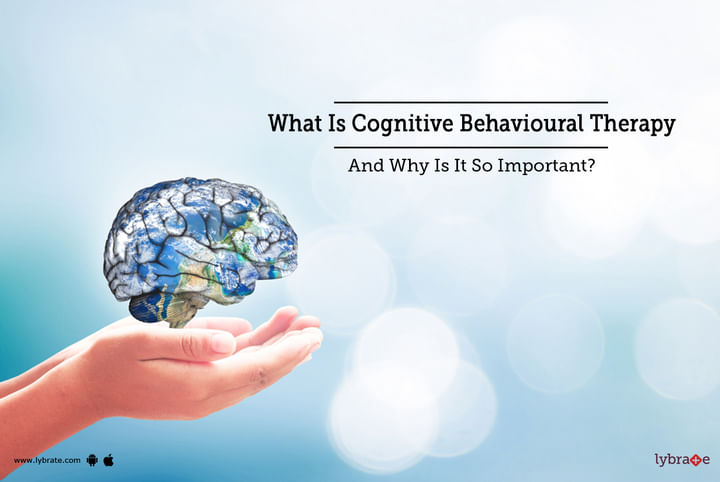What Is Cognitive Behavioural Therapy And Why Is It So Important?
Cognitive behavioural therapy is an internationally recommended mental health treatment based on capabilities. It targets cognitive distortions and behaviours that contribute to anxiety disorders and depression, as the name implies. It focuses primarily on the present and appears to fit individuals who are interested in learning practical skills to improve their mental health.
What is Cognitive Behavioural Therapy and why is it so important?
Cognitive behavioural therapy (CBT) is essentially a talking therapy, can also be called a psychotherapeutic treatment, that tends to manage and cope with problems by changing the person’s way of thinking and behaviour. This technique is used to treat anxiety and personality disorders, but can also prove to be helpful in terms of conditioning other mental disorders.
When a professional (usually a therapist) talks to the person suffering from any mental disorder for which CBT has been prescribed, the professional knows what to ask and how to make the person comfortable around the sphere so that he can be helped. While talking, the persona slowly opens up and in the process, allows the professional to dive deeper into his mind and see what exactly his thoughts are, how deep-rooted they are and what exactly are the causes that have affected him to have such thought and behavioural pattern. Through CBT, the destructive and violent thoughts that the patient might have, are identified, understood and replaced with meaningful and realistic thoughts.
This particular method of talking can prove extremely helpful for the therapist and help him understand and treat the patient in a proper, well-formulated and regulated manner. CBT is solely built around the fact that one’s emotions are responsible for how they feel or behave. CBT is highly engaging and based on mutual trust between the therapist and the patient, in the process of which the former slowly tries to make space for realistic and uplighting thoughts in the mind of the patient by removing the negative thoughts and ideas through their sessions.
The process of CBT is quick, tends to have rapid results and is a viable and cheaper option than most other therapeutic sessions or treatments. While CBT might fail to work with people who have learning difficulties or severe mental disorders, it helps people understand that by altering their thought process, there will likely be positive outcomes. Most people who have gone through CBT have found it extremely reliable and have started to look at the bright side of things.



+1.svg)
